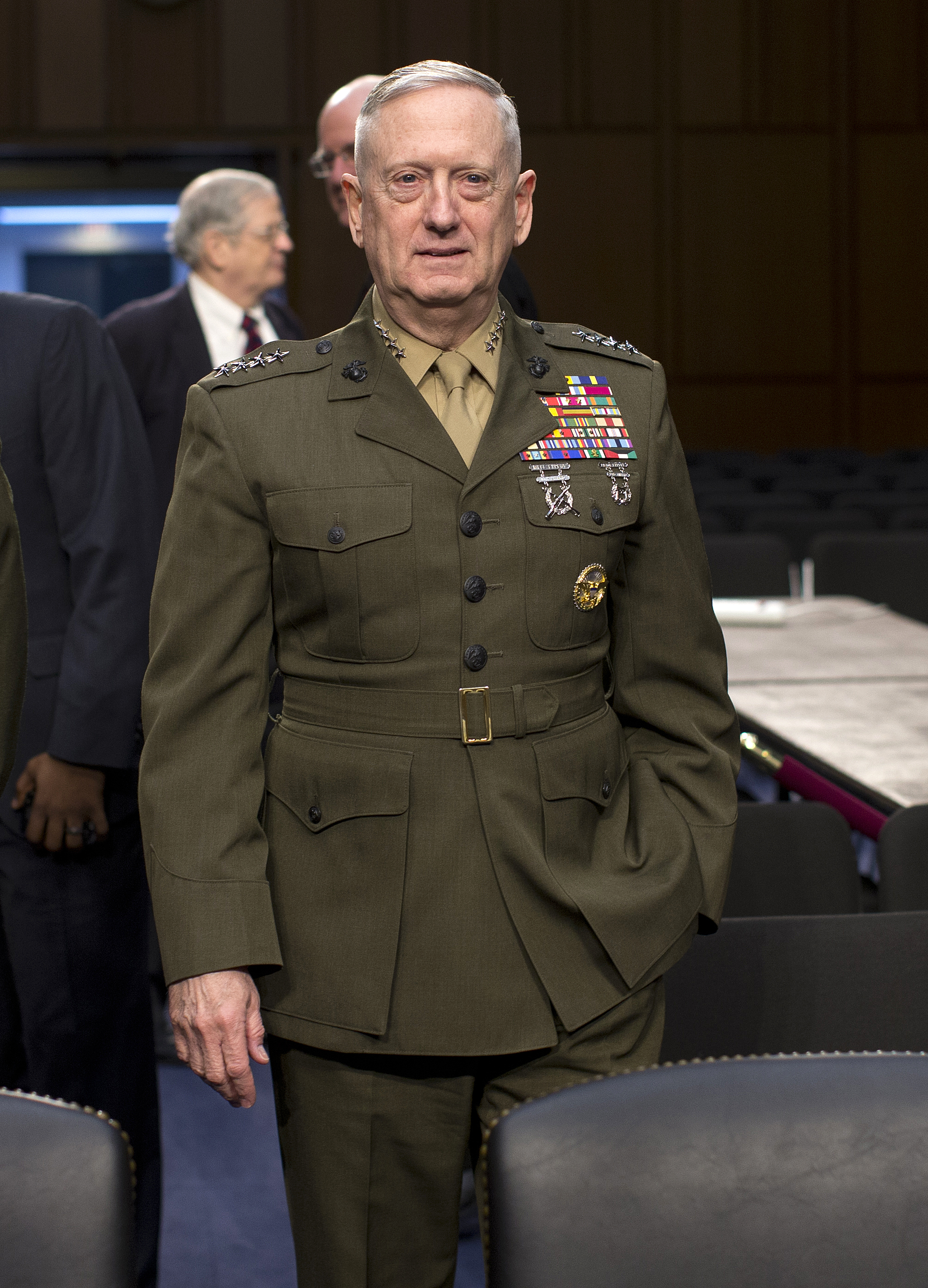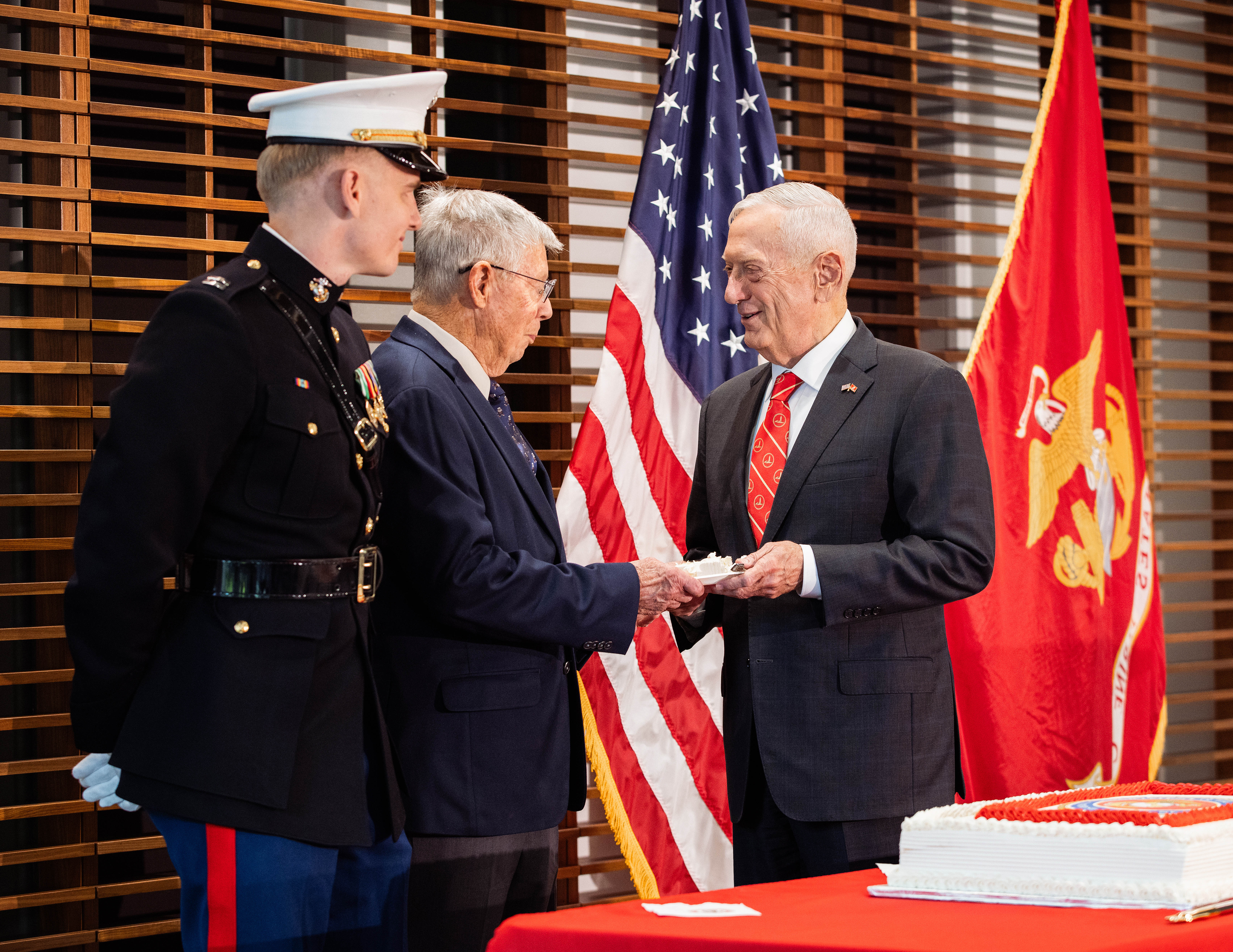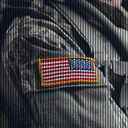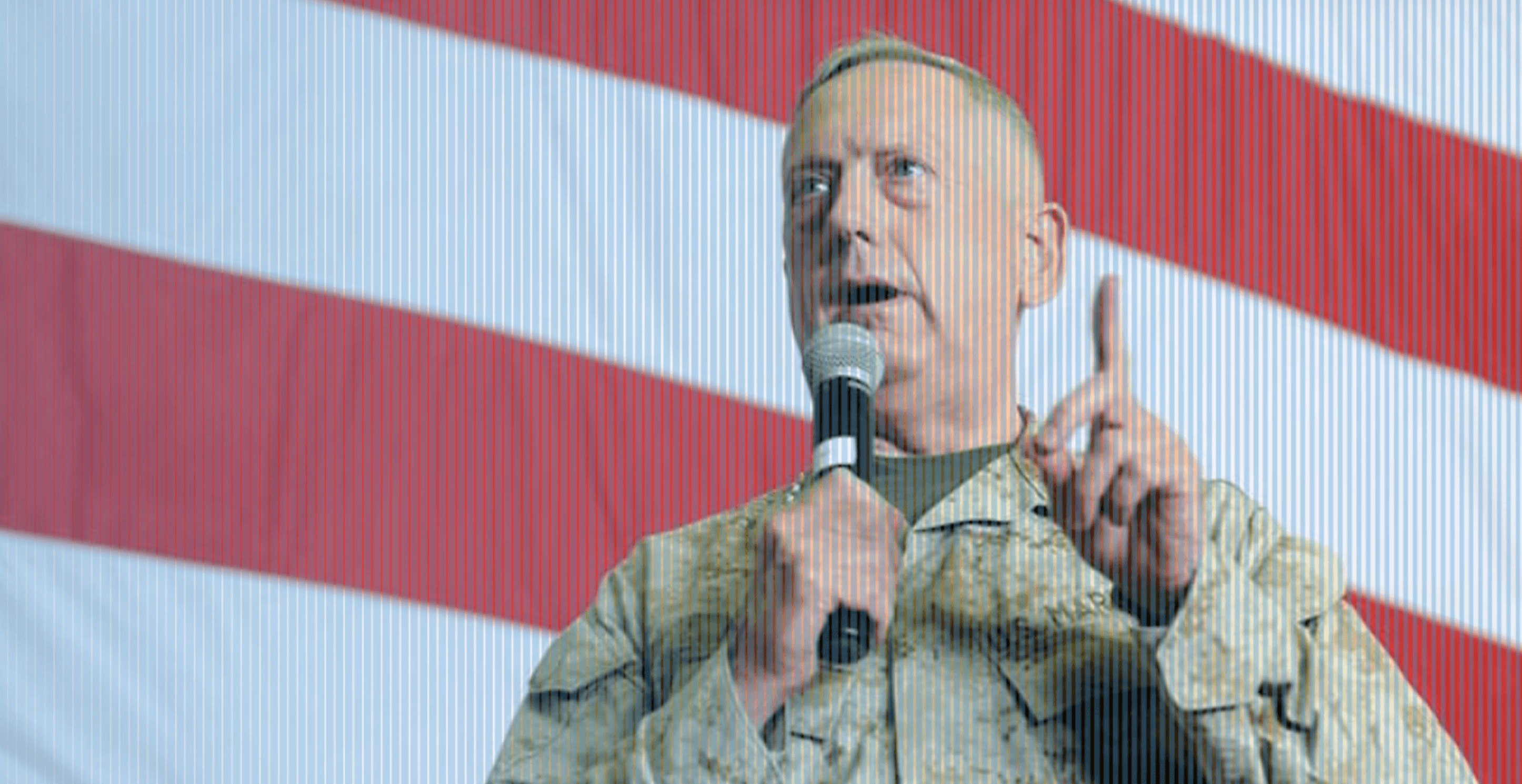Looking back on forty years of service, I recognize the Marine Corps was both a leadership factory and a learning organization. Leadership is an unending process because we can always improve. With our military being a closed labor system where we promote our leaders from within our ranks, constant improvement is both the norm and a necessity. Only a fool thinks they’ve arrived at some pinnacle of leadership excellence and further improvement is unneeded.
As leaders making decisions we’re bound to make mistakes. Yet life is too short to think that you can do all your learning through your own experience, your own mistakes, because in the military you will fill body bags due to your mistakes. So, we study history (biographies are especially useful) and stay keenly attuned to other leaders—the good, bad, and ugly—with the intent of adopting admirable qualities and rejecting those that diminish our moral authority.
Like everyone, I have made mistakes, and plenty of them. Yet the Marine Corps recognized them as part of my learning for what “right” looked like. While my seniors and NCOs were blunt in their coaching, so long as mine weren’t lapses in ethical discipline the Corps still promoted me, demonstrating their trust in those they were in effect grooming for increased responsibility. And as Secretary George Shultz used to say so often, “Trust is the coin of the realm: with trust in the room you can accomplish a lot, without it very little.”
Tested by fire
The toughest challenges were the most revealing and defining episodes, times when success or failure hung in the balance. Admired leaders share certain characteristics, like putting others first. That doesn’t mean you don’t take care of yourself because leaders need to be at the top of their game mentally, physically, and spiritually. In that condition you can best look out for others and take knocks in stride as a “shock absorber” for your outfit.
Besides defining reality to your team (never allowing them to live in a fantasy world), you must absorb fear, anxiety, and uncertainty while building confidence. A leader cannot wail and moan when the going gets tough—they cannot choose victimhood or cynicism. The leader’s choice of how to respond to turmoil or to a tough assignment is the most important decision they make. This is why a leader must always be learning, so they are most ready when crises hit.
The many building blocks of leadership
Principled leadership is built on putting others first, as I just described. But such leadership must also incorporate keen listening skills because without the ability to really hear and understand what others are saying, your leadership cannot address the manifold tests for success in leading.

It was said that General George Washington was such a strong listener that he could “even hear what was not being said.” In other words, when the fate of our young country was most in peril, he could even pick up on the unspoken doubts or fears. This enabled him to meet his troops where they were, in battle drawing out the best from them. It’s a reminder that principled leaders enable their teammates to become better versions of themselves, in wartime empowering their troops to fight with happy hearts and trust their leaders are with them in spirit.
At the end of the day, competence and caring are necessary hallmarks of true leaders, especially in crises when leaders are making decisions with insufficient information. Competence requires years of study and practice so when the times or destiny taps a leader on the shoulder, in the face of trouble they can make sense of what needs to be done. Empathy for your people builds strength in your teammates. A leader who cares about their troops is more able to draw 100 percent of their commitment and, through competence, will chart the best possible path out of what may appear to be a debacle.
Teach (and reach) for the future
We need to do a better job teaching our history and revealing America as the beautifully radical experiment that it is. At 250 years of age, we are a relatively young country. Yet we are the oldest democracy on earth, which shows just how unusual our form of government is in the history of humankind.
The freedoms we practice today with such assurance are ours thanks to the Constitution that the founding fathers framed, the sacrifices of past generations of Americans and allies who paid a very steep price for sustaining those freedoms, and recognition by each generation of their obligation to turn America over to subsequent generations stronger and improved from the condition they inherited it.
From that foundation and recalling Justice Felix Frankfurter’s observation that “in a democracy, the highest office is the office of citizen,” we must engage broadly with our fellow Americans to solve problems vice arguing about who loves America most.
By coming to a working-level of agreement on identifying a specific problem and defining it, we have a starting point for leaders to be effective and persuasive. We will also give Americans an opportunity to create common ground, looking beyond the current political division and our focus on arguing about outcomes. We then approach the teaching of governance on this basis of working together “in Order to form a more perfect Union,” as noted in our Constitution’s Preamble. This will require voting carefully, by putting men and women of virtue into office with the expectation that they have the desire and ability to unify Americans and solve challenges facing the country.
Finally, for reaching common ground we can start with teaching our responsibility of being considered worthy ancestors by future generations. We want them to look back on us with admiration and respect for keeping alive our experiment in a government of the people, by the people, and for the people.
American leadership and freedom
Broadly, I would point out two ways for America to lead and contribute to freedom globally. First and foremost is by our own example of governance. We must show that our democracy can work. This means we deal effectively with the fundamental issues because they are addressed responsibly by those we elect.
As former secretary of state Madeleine Albright told me once, “Living by the words of our founding documents means that there is no ‘us’ or ‘them’ in our political life in America. There is only ‘we, the people’ in our approach to governing our boisterous, dynamic country of diverse views.”
Second, in global affairs when America gives her word to other nations, we stand by it. Friends must know that they can trust us, and foes must know what we stand for and what we will not stand for. We’re not seaweed drifting with the current. We say what we mean and mean what we say.
Further, we have a vibrant economy and a strong military that together enable us to defend freedom and our diplomats to be respected and lead on the global stage.
Duty calls
The Marine Corps is 250 years old on November 10 this year, its birth predating our Declaration of Independence and reminding us we had to fight for the freedom we now enjoy. It’s been trust between and among Marines, an attitude caught from leaders, that enabled Marines to fight against all odds and win when the chips were down. That trust must be regenerated and nurtured by every generation of leaders.
Thus, the mission of leaders is never complete, and their development must always keep pace, their learning being nonstop with the goal of building among Marines the strongest possible bonds of trust.
Like all human organizations, their mission and environment shape the Marines’ values. Of course, like any corporation, sports team, or university, the Corps gets the leadership behavior it rewards. There are specific leadership qualities that are necessary for success in the maritime combat environment that shape their approach. It starts with a disciplined and rigorous but unregimented problem-solving approach emphasizing leadership all the way down through the ranks to the youngest troops in the front lines.

We look for two primary qualities in selecting young Marines for promotion into leadership positions of increased responsibility: initiative and aggressiveness. Because all Marines are considered co-equal in devotion to duty and commitment to accomplishing the mission, we expect leadership displayed at all ranks. In the unforgiving maritime or combat environments, if they see something that needs to be done, they are expected—even required—to take the initiative and get it done. By selecting for promotion those who display such character, we create a naval force with a bias for action.

The Marines’ uncommon devotion to duty and to each other has built a legacy of excellence in warfighting and in returning Marines to civilian society imbued with a style of leadership that takes responsibility for leadership by example and mentoring young people. Whether in the workplace, community groups, parishes, local government, or elsewhere, the Marine spirit of leadership lives on in those who served.
Reflecting on this legacy comes the saying that Secretary Shultz was fond of recounting about himself in every classroom or group he engaged, specifically, “Once a Marine, always a Marine.” In that spirit, the military oath in which all troops are sworn to “support and defend the Constitution of the United States against all enemies” is given a commitment of Marines, in effect, writing a blank check to the American people, payable with their lives, to protect our Republic. Such commitment over the years is a fundamental reason why our Republic was given birth and has stood against every external threat over the past 250 years.
Happy 250th birthday to the US Marines!
General Jim Mattis, the Davies Family Distinguished Fellow at the Hoover Institution, served as the nation’s twenty-sixth secretary of defense. During his forty-three-year career in the Marine Corps, he served in multiple roles, including extensive experience in Afghanistan and Iraq and as leader of US Central Command (CENTCOM).

